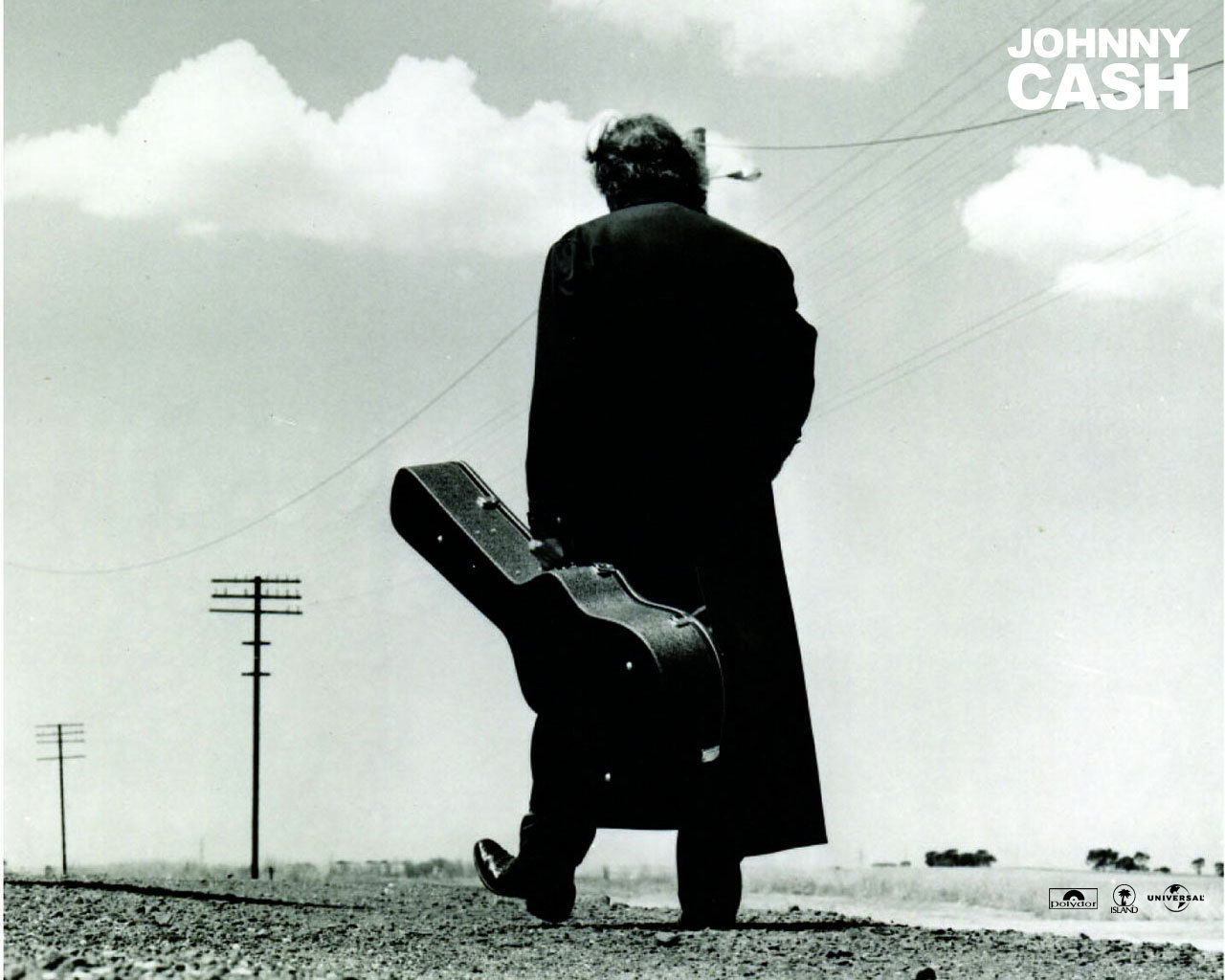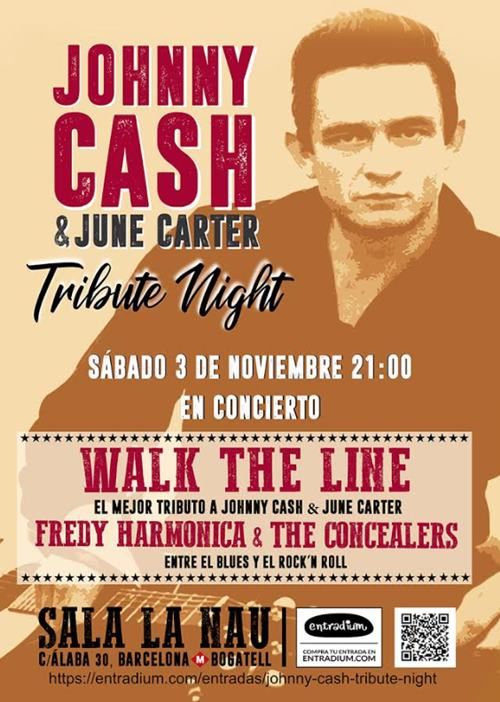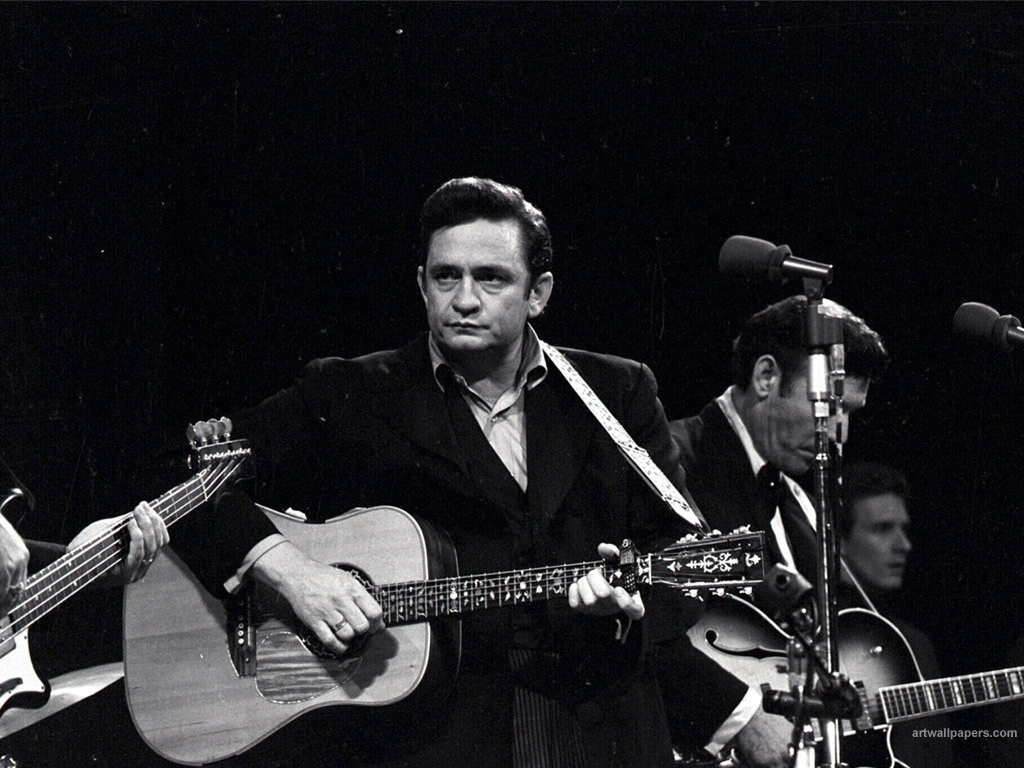

Producer Don Law encouraged Cash to connect with the burgeoning folk music revival of the times.

Hit singles such as “Don’t Take Your Guns to Town” (1959) and “Ring of Fire” (1963) followed, but Cash increasingly turned his attention to recording concept albums such as Ride This Train (1960), Blood, Sweat and Tears (1962), Bitter Tears: Ballads of the American Indian (1964), and Ballads of the True West (1965). The Columbia YearsĬash left Sun and signed with Columbia Records in mid-1958. “Fluke” Holland in 1960 merely reinforced his trademark rhythm-based sound. The style Cash set early on changed little over the years the addition of drummer W. Beginning with the double-sided hit “Cry! Cry! Cry!”/“Hey Porter” in 1955, Cash became one of the label’s most promising young artists.Ĭountry hits “I Walk the Line,” “Ballad of a Teenage Queen,” and “Guess Things Happen That Way” crossed over to the pop charts and made Cash a dominant new country singer in the late 1950s.

In the wake of Elvis Presley’s 1954 breakthrough at Sun Records in Memphis, Cash and his minimalist band auditioned for its owner-producer, Sam Phillips.

Seeking a music career, he teamed with mechanics Luther Perkins (electric guitar) and Marshall Grant (upright bass) to perform gospel songs in church and on local radio. In 1954, his military stint over, Cash settled in Memphis, married Vivian Liberto, and became an appliance salesman. Air Force and served in Germany for four years, during which time he wrote the future Sun Records classics “Folsom Prison Blues” and “Hey Porter.” After working briefly in Pontiac, Michigan, he joined the U.S. On a battery-operated radio, he heard local country shows from Memphis, the Carter Family on border radio, and a host of Grand Ole Opry singers.Ĭash gained performing experience in high school assemblies and on KLCN in Blytheville, Arkansas. Cash grew up in a government resettlement colony for struggling farmers in Dyess, Arkansas, working the cotton fields with his family and absorbing gospel music in church. Johnny Cash was an international ambassador for country music who hewed his own path from the mid-1950s into the twenty-first century, broadening both the scope of country music and its audience.


 0 kommentar(er)
0 kommentar(er)
